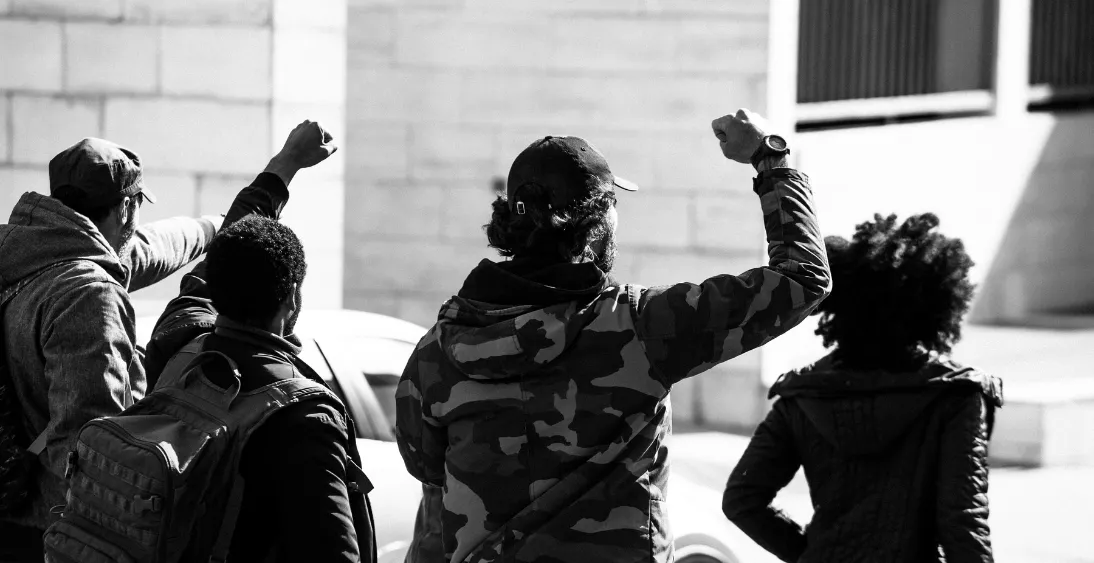
ATTENTION! TIME SENSITIVE!
Legal Battles Begin:
Victims of Maui Wildfires Seek Justice

The Maui wildfire in August 2023 stands as one of the deadliest in U.S. history, wreaking havoc on the town of Lahaina, located on the island of Maui, Hawaii. Sparked by downed power lines and exacerbated by dry conditions and hurricane-force winds, the fire spread rapidly, devastating over 2,200 buildings, inflicting extensive property damage, and claiming at least 115 lives. More than 650 individuals remain missing as recovery efforts progress. Hawaiian Electric, the state's primary utility, has faced intense scrutiny for its failure to shut off power despite warnings about the high fire risk, resulting in multiple lawsuits. This disaster has underscored systemic challenges in disaster preparedness and response, revealing the vulnerabilities of communities in the face of climate change.
As of September 2024, over 450 lawsuits have been filed in connection with the Maui wildfires that devastated Lahaina and Upcountry Maui. These lawsuits target entities including Hawaiian Electric, Maui County, the state of Hawai'i, and several large landowners. Plaintiffs contend that the fires were ignited by downed power lines and fueled by dry vegetation, leading to the destruction of thousands of homes and the tragic loss of 102 lives.
In response to the devastation, $4 billion has already been set aside for Maui wildfire victims, marking one of the largest wildfire-related settlements in history. Hawaiian Electric is set to contribute $1.99 billion of this total.
The impacts of the August 2023 Maui wildfires on the local population were profound:
Loss of Life: The fires claimed at least 115 lives, with many individuals still missing, making it one of
the deadliest wildfires in recent U.S. history.
Displacement and Homelessness: Thousands were displaced as entire communities, particularly in Lahaina, were obliterated. Over 2,200 buildings were damaged or destroyed, leaving many homeless and in need of emergency shelter.
Emotional and Psychological Trauma: Survivors endured severe emotional distress from the loss of loved ones, homes, and livelihoods. The sudden evacuation and ensuing uncertainty created widespread mental health challenges, including grief and anxiety.
Economic Impact: Local businesses, particularly those reliant on tourism, were severely affected. Many families lost their primary sources of income as tourism plummeted, and businesses were burned down or shut down.
Health Concerns: The wildfires significantly impacted air quality, raising concerns about long-term respiratory health for residents exposed to smoke and hazardous materials.
Cultural and Environmental Loss: The wildfires destroyed significant historical and cultural landmarks in Lahaina, deeply important to Native Hawaiian communities. Additionally, the environmental damage, including deforestation and ecosystem loss, will have long-lasting effects on the island’s natural landscape.
Recovery and rebuilding efforts are ongoing, with lawsuits filed against Hawaiian Electric and other parties for alleged negligence in contributing to the disaster.
Victims of the Maui wildfires may pursue various types of consumer claims based on their experiences of damage. Common claim types include:
Property Damage Claims: For individuals whose homes, vehicles, or personal property were destroyed or damaged, including homeowners, renters, and business owners suffering losses due to the fire.
Personal Injury Claims: For those physically injured during the fire or evacuation, which can also encompass emotional distress or psychological trauma caused by the event.
Wrongful Death Claims: For families who lost loved ones, seeking compensation for loss of life, funeral expenses, and emotional suffering.
Business Loss Claims: For business owners who experienced damage, lost inventory, or suffered a loss of income due to the fire, including claims for business interruption.
Evacuation and Relocation Costs: Individuals forced to evacuate can claim compensation for expenses related to temporary shelter, relocation costs, and other out-of-pocket expenses incurred while displaced.
Loss of Livelihood: Claims from individuals who lost jobs or income due to fire-related destruction, particularly those employed in businesses that were destroyed or disrupted.
Emotional Distress and Mental Health Issues: Residents facing trauma, anxiety, or psychological distress as a result of the wildfire may file claims for emotional or psychological harm.